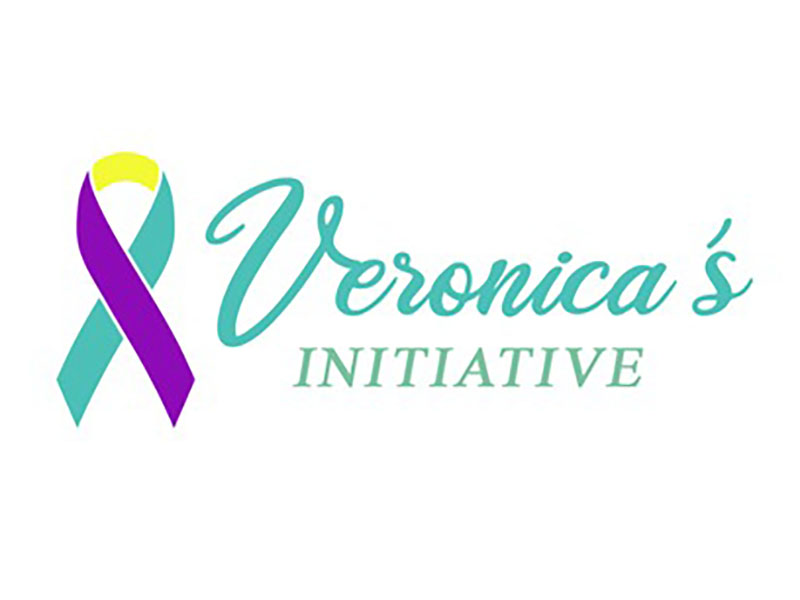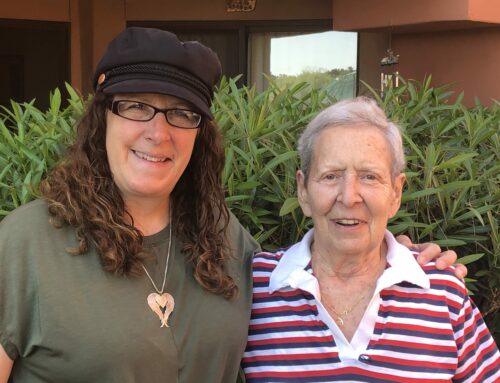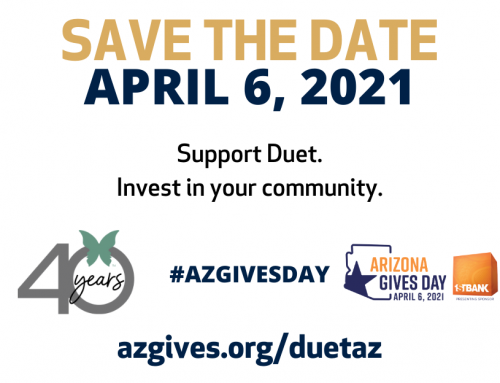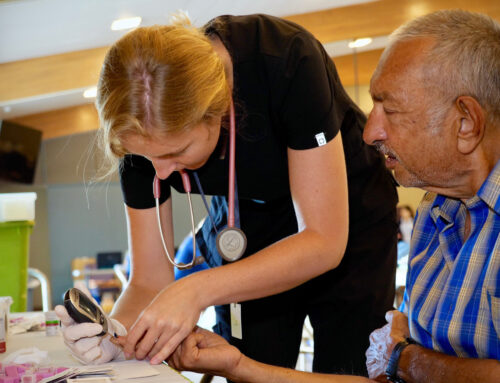By Veronica Winters-Everly
In Arizona, one in four women have experienced domestic violence in their lifetime. Every 44 minutes, one or more children in our state witness domestic violence. These statistics are startling – If you’re a woman, think about your three closest confidantes. Chances are, one of them has experienced physical, sexual, emotional, or financial abuse.
Sadly, trauma is the common thread woven throughout many of these stories – including mine. A traumatic sexual assault at the age of 21 left me with damaged self-worth and a dangerous pattern of behaviors that led me to marry an abuser.
After nine years, I eventually got out of that marriage with my two precious children and moved them away so we could start a new life. But eight out of 10 women survivors of domestic violence and sexual abuse report significant short- or long-term impacts such as anxiety, depression, and PTSD.
I thought I was handling my situation in the best way I could by removing my children from it and protecting them. But what I wish I knew then was that that my trauma was being passed on to my daughter and son without any outward signs.
Nine years after my divorce, my beautiful 13-year-old daughter McKenna completed suicide in her bedroom. I was in the next room. I found her two hours too late.
The trauma of that loss brought more pain that I thought was possible to bear in this lifetime. It led me to multiple suicide attempts of my own – all I wanted was to be with McKenna.
Ten years later, my son, Noah, died of a drug overdose. I’ll never know whether it was accidental or not. That’s when I threw in the towel and made a sixth and final attempt at suicide. I ended up in the hospital, where I technically died twice before being revived.
Today I am healthy. After decades of therapy, with temporary and modest results, I was introduced to a unique solution. It took six months to complete – and gave me back my life and my well-being.
I learned that my brain could be rewired, form healthy neuropathways that took me from hanging-by-a-thread survival mode to thriving as an advocate for helping others in the depths of despair.
I want every woman domestic violence and sexual assault survivor out there to have access to this program. That’s why I started Veronica’s Initiative to fund a research study with the hope of making this program readily available and affordable to any woman, anywhere. The one-year study of 100 women survivors is designed for publication, with oversight and results measured by PhD clinical research psychologists.
The goal is to make this program widely accepted and integrated into the mental health community, plus become part of everyone’s healthcare and insurance benefit package.
Please join me as a survivor partner in the fight for those without hope as we create new solutions for trauma recovery. Visit www.healthehero.org/veronicas-initiative for details on how to learn about, share, and donate to this important initiative.





